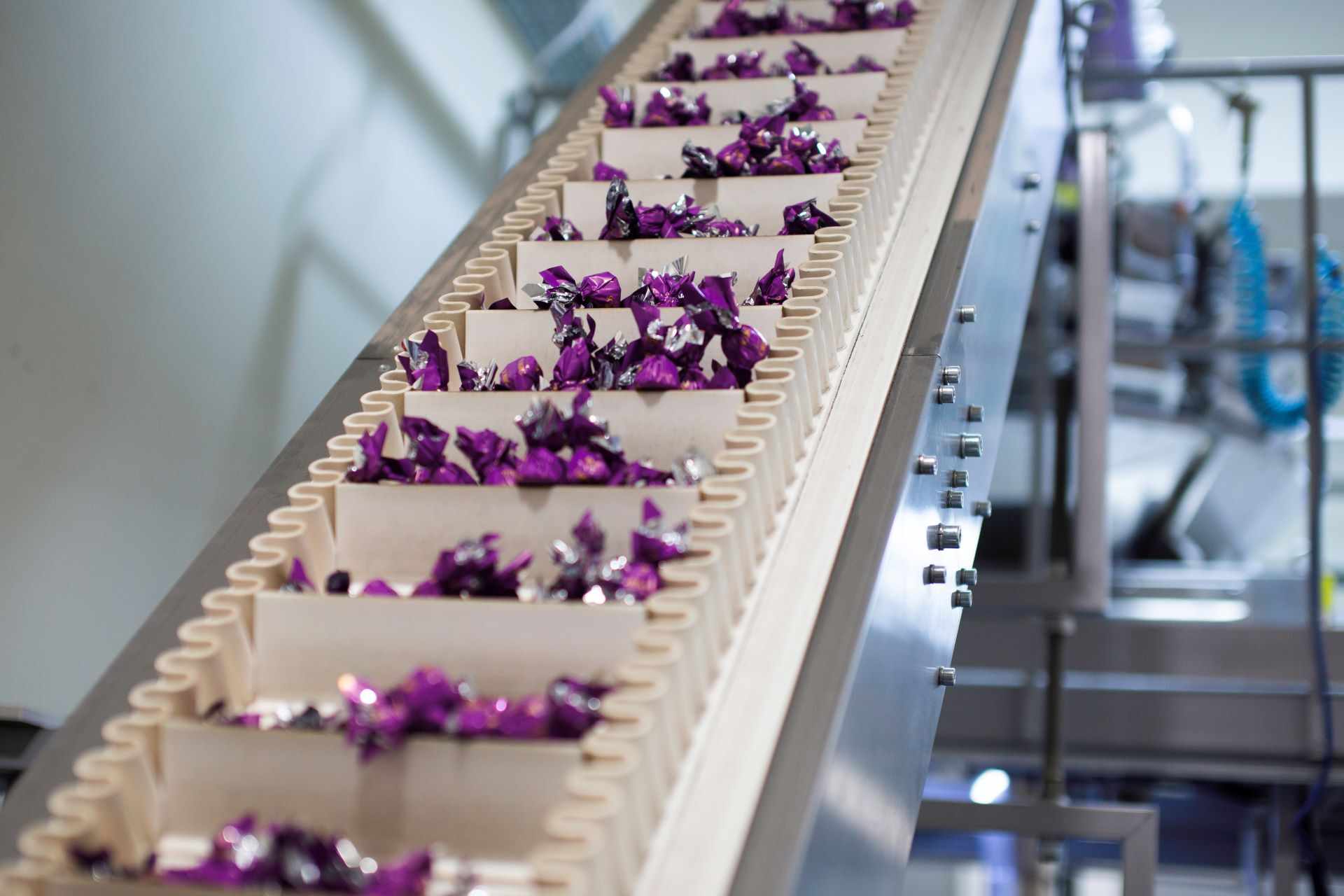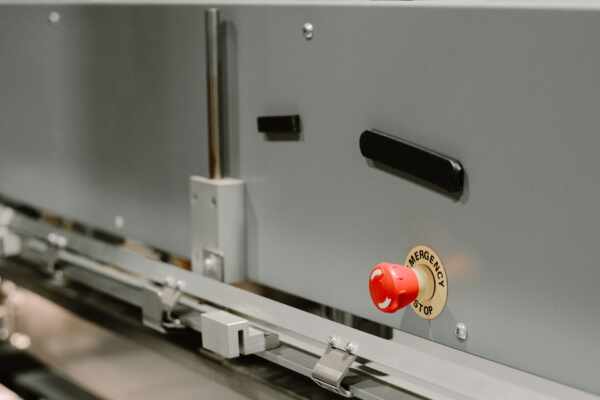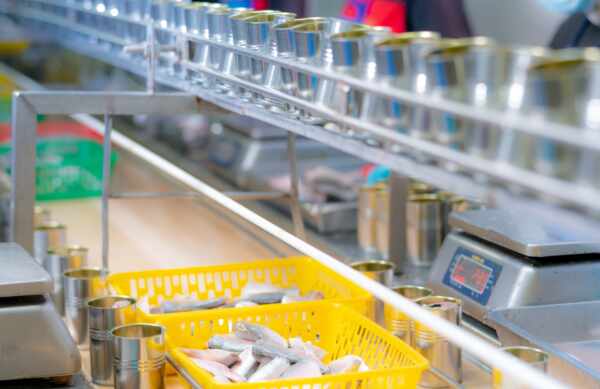When delving into the realm of production and manufacturing, the significance of choosing the correct conveyor belt cannot be overstated. Conveyor belts are not merely components that move items from one point to another; they are pivotal in enhancing operational efficiency, reducing downtime, and minimizing maintenance costs. The right conveyor belt not only fits the unique demands of your industry but also aligns with your specific operational requirements, whether that involves handling delicate food products or transporting heavy metal parts.
We understand that each industry harbors distinctive needs based on the nature of the materials handled and the environment of operations. For instance, industries dealing with chemicals require belts that resist corrosion and contamination, while the food industry needs belts that adhere to strict hygiene standards. Similarly, sectors involving heavy products like mining or construction benefit most from belts designed to withstand abrasion and heavy loads. This guide aims to walk you through the process of identifying, selecting, and maintaining the most appropriate conveyor belt for your industry, ensuring that you achieve optimal productivity and efficiency in your operations.
Identifying Your Industry-Specific Conveyor Belt Needs
Every industry has unique operational challenges that require specific conveyor belt solutions. In our experience, identifying the precise requirements of your business is crucial for maximizing productivity and maintaining safety standards. For instance, mining operations demand belts that are exceptionally durable and can handle heavy loads, whereas pharmaceutical industries need belts that prevent cross-contamination and are easy to sterilize. Understanding these details helps us tailor conveyor solutions that meet your specific needs.
When we sit down to discuss conveyor belt options with you, we consider several factors such as load weight, environmental conditions, and the type of materials handled. This analysis ensures that you invest in a conveyor belt that not only suits your industry’s requirements but also enhances your operational efficiency. Being equipped with the right type of conveyor belt minimizes downtime and keeps your operations running seamlessly.
Material Considerations for Optimal Conveyor Belt Performance
The choice of material for your conveyor belt impacts its performance, lifetime, and overall operational cost. Common materials include polyvinyl chloride (PVC), polyurethane (PU), rubber, and silicone—each offering different advantages tailored to specific environments and applications. For instance, PVC conveyor belts are versatile and provide good resistance to chemicals, abrasion, and weather, making them suitable for a range of industries from food processing to general manufacturing.
Choosing the right material also involves understanding the operational environment of the belt. For example, belts used in food manufacturing must not only be durable but also food-safe and easy to clean, with resistance to microbial growth. Similarly, belts used in temperature-sensitive environments must withstand extreme cold or heat without losing their integrity. Our job is to guide you through these choices, ensuring that the material selected not only matches the demands of your applications but also contributes to a lower total cost of ownership through durability and reduced maintenance needs.
Identifying Your Industry-Specific Conveyor Belt Needs
In our line of work, fully understanding the unique demands of each industry we serve ensures that we provide the optimal conveyor belt solutions. It’s not just about selling a product; it’s about solving a problem and enhancing operational fluidity. For instance, industries like mining require belts that are exceptionally robust and can handle abrasive materials, while pharmaceuticals need belts that are easy to clean and minimise contamination risks.
By conducting a thorough needs analysis, we can pinpoint the exact specifications required for each client. This involves assessing factors such as load weight, the chemical nature of materials, the desired speed of the conveyor, and environmental conditions such as temperature or exposure to moisture. Discussing and understanding these factors helps us to not only meet but exceed expectations, ensuring each conveyor belt we supply is perfectly matched to our client’s industrial requirements.
Material Considerations for Optimal Conveyor Belt Performance
Selecting the right materials for our conveyor belts is imperative to their performance and longevity. Each material offers distinct properties that can benefit various operational conditions optimally. For example, rubber belts are suited for bulk handling due to their shock-absorbent properties, while thermoplastic belts are best for industries requiring frequent sanitisation due to their resistance to bacterial growth and easy cleaning characteristics.
Moreover, the material choice directly influences factors like tensile strength, wear resistance, and flexibility. These characteristics are crucial to consider because they affect the efficiency and operational costs of the conveyor system. At our firm, we ensure that each material is rigorously tested to meet high standards of quality and durability. This commitment to quality helps in reducing the frequency of maintenance and replacement, providing more value and reliability for our clients.
Maintenance and Care for Diverse Conveyor Belt Types
Consistent maintenance is key to prolonging the life and effectiveness of conveyor belts. A well-maintained conveyor belt ensures uninterrupted operations and minimises the risk of costly downtime. We recommend a maintenance schedule that includes regular inspections for wear and tear, precise alignment checks, and immediate repairs of any slight tears or damages that can escalate if left unattended.
For different types of belts, maintenance strategies might vary. For instance, metal belts might require lubrication to prevent rust, while plastic belts might need periodic adjustments to accommodate stretch. Educating our clients on these varied maintenance needs is part of our service offering. We help them understand the importance of each maintenance activity and the best practices to ensure their conveyor systems operate at peak efficiency.
Conclusion
Our dedication to understanding the specific needs of each industry and providing tailored conveyor belt solutions underpins our reputation as a trusted leader in the conveyor belt sector. Whether it’s selecting the right material, identifying industry-specific requirements, or advising on regular maintenance, our approach is always thorough and client-focused.
At Change Parts Pty Ltd, we pride ourselves on not only meeting the demands of modern industries but also exceeding them through innovative solutions and top-tier customer service. Reach out to us today to find out how we can help streamline your operations with our high-quality conveyor belts tailored to your specific needs. Together, let’s drive your productivity to new heights.




